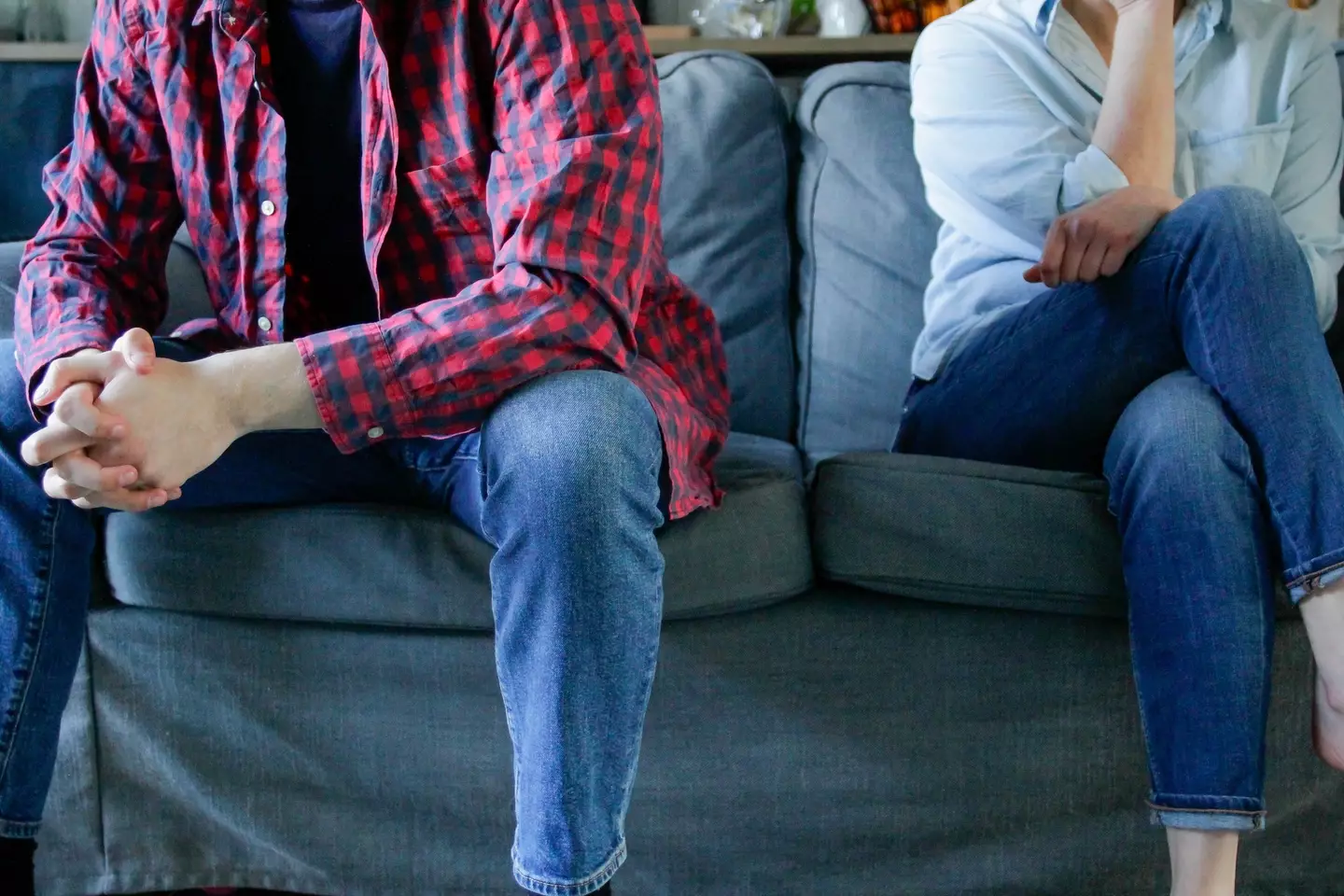
Topics: Sex and Relationships
A therapist has shared the warning signs that your relationship is turning toxic and the signs to look out for.
Arguments and disagreements are common for every couple, but what exactly makes a 'toxic relationship'?
And how can we spot this behaviour emerging?
Well, according to Calm, a toxic relationship is 'one that consistently undermines your sense of wellbeing, happiness, and, at times, safety'.
Advert
They explain that a 'continual pattern of emotional harm, disrespect, and manipulation' can impact both a person's mental and emotional health.
So how can you understand if your relationship is turning toxic?

Many toxic relationships don't start off toxic, but one sign that things are becoming unhealthy can be found in how arguments arise.
In a toxic relationship, an argument can begin out of nowhere.
“Imagine feeling like you have to tiptoe around certain topics or situations because you're worried about setting off the other person,” Brooke Keels, chief clinical officer of Lighthouse Recovery in Texas, tells Women's Health.
“It's as if you're always on alert, trying to avoid a fight that might be brewing beneath the surface.”
Due to the fear of worrying about how your partner might react, people in toxic relationships often struggle to set boundaries.
“This fear usually comes from worrying about how the other person will react, whether they'll dismiss your feelings, or even belittle you for expressing them,” says Keels.
"Over time, this can make you feel like your voice doesn't matter and can lead to a loss of confidence."

Gaslighting is a form of emotional abuse in which a victim is fed false information, leading them to questions their memory and perception of events.
The term comes from a 1938 play, Gas Light, in which a man repeatedly dims the lights in the home he shares with his wife, later denying that the light had changed at all.

Keels explains: “In a toxic relationship, this might look like the person denying they said something that upset you, telling you that you're overreacting, or making you feel like you're the one at fault for things going wrong."
Gaslighting can happen gradually in a relationship, however, over time, abusive patterns can emerge.
Often, the victim increasingly relies on the partner, making it more difficult to leave the abusive relationship.
For help, support and advice, you can contact the National Domestic Violence Hotline here.